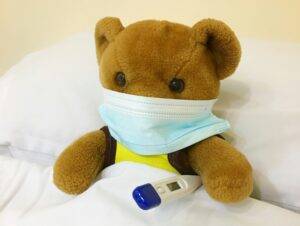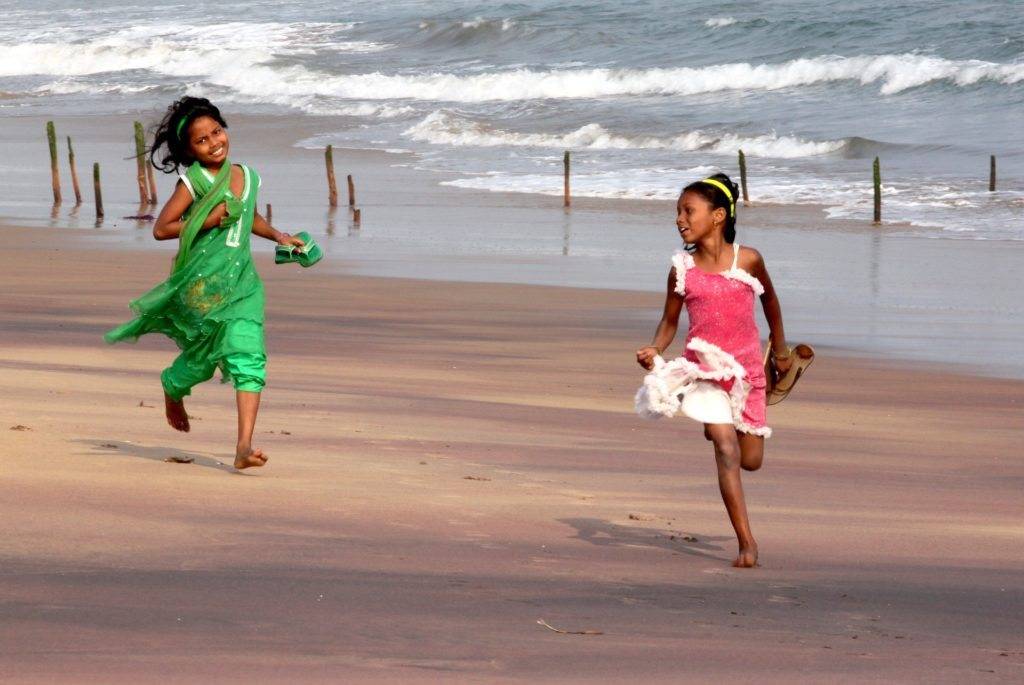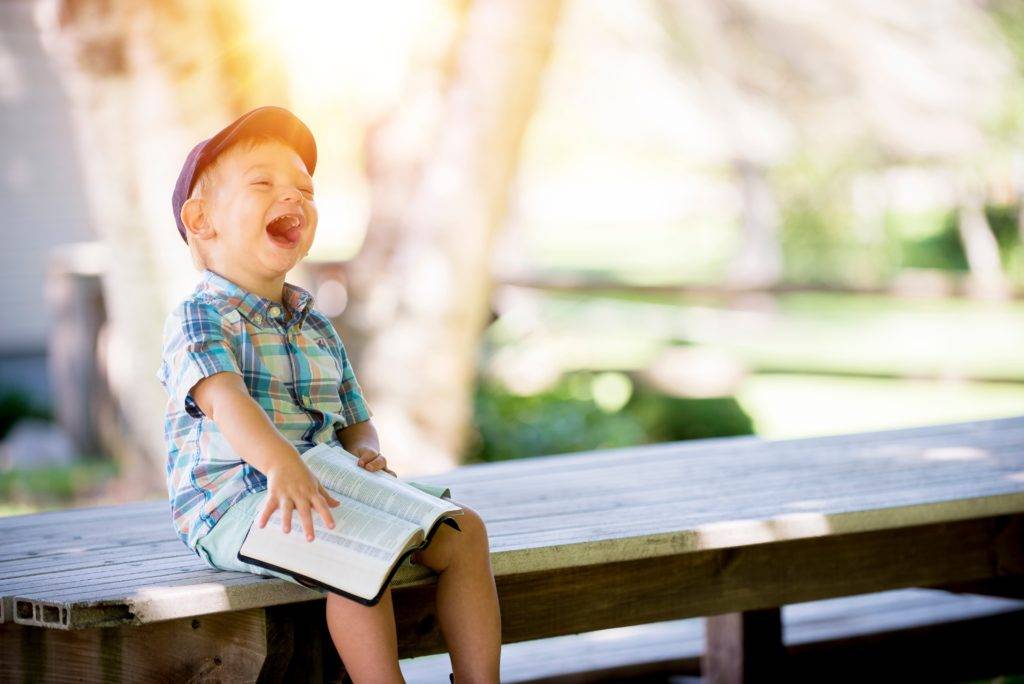New Year celebrations are eagerly awaited, filled with joy, hope, and the thrill of new beginnings. However, amidst the laughter and cheers, safety is sometimes overlooked. Whether celebrating with fireworks, hosting a festive dinner, or enjoying public events, the potential for injuries exists if precautions aren’t taken.
From fireworks burns to road accidents, these preventable incidents dampen the festivities. With proper planning and mindfulness, you can ensure your New Year celebrations remain fun, safe, and memorable.
Why Are New Year Celebrations a High-Risk Time for Injuries?
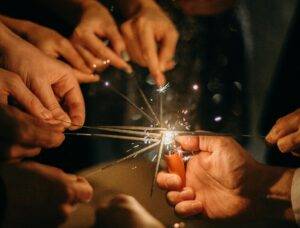
New Year celebrations bring together several risk factors: large gatherings, alcohol consumption, fireworks displays, and late-night activities. These elements, while enjoyable, can result in:
- Fire-related incidents from fireworks and candles.
- Traffic accidents are caused by impaired or reckless driving.
- Overcrowding injuries in packed venues or public spaces.
- Health hazards due to unsafe food handling or illnesses spreading in close contact.
- Falls and trips in poorly lit or crowded areas.
Knowing what to look for helps you stay one step ahead of potential dangers, ensuring your family and friends enjoy the night safely.
1. Fireworks Safety: Minimizing Risk Without Dimming the Fun
Fireworks are synonymous with New Year celebrations, but their misuse leads to severe injuries. Thousands of firework-related injuries are reported each year. Here’s how to make your display spectacular and safe:
- Purchase from Trusted Vendors: Buy fireworks from reputable sources. Products from unregulated vendors may not meet safety standards, increasing the risk of malfunction.
- Set Up a Safe Launch Area: Choose an open area away from houses, trees, or flammable materials. Ensure the surface is stable and clear of debris to avoid erratic firework behavior.
- Supervise Children Closely: While sparklers may seem harmless, they burn at extremely high temperatures. Always supervise kids using fireworks and consider offering safer alternatives like glow sticks.
- Dispose of Fireworks Properly: Once the fireworks are spent, soak them in water before disposal to prevent accidental fires.
- Keep Safety Gear On Hand: Have a fire extinguisher, hose, or bucket of water nearby in emergencies.
- Check Local Laws: Some states or municipalities have restrictions on fireworks. Ensure the fireworks you use comply with local regulations to avoid fines or accidents.
- Prepare for the Unexpected: Keep a bucket of water or a hose nearby to douse any flames. If a firework fails to ignite, don’t attempt to relight it—wait at least 20 minutes, then soak it in water before disposing of it.
2. Safe Alcohol Consumption: Celebrate Without Compromising Safety

Alcohol is a staple at many New Year’s Eve gatherings, but excessive consumption clouds judgment and leads to risky behaviors. Protect yourself and others with these tips:
- Designate a Sober Friend: If you plan to drive, designate someone who won’t drink or arrange a rideshare in advance. Apps like Uber and Lyft provide discounts for New Year’s Eve.
- Serve Food along with Drinks: Encourage guests to eat while drinking. Snacks and meals slow alcohol absorption, helping to mitigate its effects.
- Provide Non-Alcoholic Options: Mocktails and other festive non-alcoholic beverages are a great way to include everyone in the celebration while reducing the risk of overindulgence.
- Avoid Drinking on an Empty Stomach: Eating before and during alcohol consumption slows its absorption into the bloodstream, reducing its immediate effects. Serve plenty of appetizers and snacks to balance the evening.
- Know When to Stop: While it tempts you to keep the drinks flowing as the night progresses, setting personal limits to prevent embarrassment, injuries, or worse. Alcohol affects everyone differently, so be mindful of how it impacts your behavior and coordination.
3. Preventing Slips, Trips, and Falls: Keeping the Party Safe
New Year’s Eve involves crowded gatherings where spills, loose rugs, or poorly lit areas become hazards. Here’s how to keep everyone on their feet:
- Ensure Clear Pathways: If you’re hosting, keep high-traffic areas clutter-free. Rugs should be secured to the floor, and decorations like cords or streamers should be placed from walking paths.
- Use Adequate Lighting: Dimmed lights might set the mood, but poorly lit areas increase the risk of falls. Use decorative string lights or LED lamps to add ambiance, and illuminate dark areas without sacrificing safety.
- Install Safety Mats: If your venue has tiled or polished floors, consider placing non-slip mats in areas prone to spills, such as near the bar or buffet table.
- Clean Up Spills Immediately: Spills from drinks or melted ice can create slippery surfaces. Keep cleaning supplies handy and assign someone to monitor high-traffic areas.
- Encourage Sensible Footwear: While high heels and dress shoes are stylish, they’re not always practical for slippery or uneven surfaces. Remind guests to wear comfortable footwear, especially for outdoor events.
4. Food and Beverage Safety: Avoiding Illnesses During Celebrations
Food safety is crucial in any celebration with so many treats. Poor preparation or storage leads to foodborne illnesses, which no one wants to ring in the New Year with.
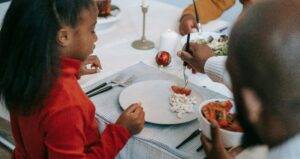
- Practice Proper Hygiene: Wash hands thoroughly before handling food, and encourage your guests to do the same. Provide hand sanitizers in easily accessible areas.
- Follow Safe Food Handling Practices: Wash your hands before preparing food and ensure utensils, cutting boards, and surfaces are disinfected and clean. This helps prevent cross-contamination, especially when handling raw meat or poultry.
- Store Foods at Proper Temperatures: Hot dishes should remain above 140°F, and cold items like salads or desserts must stay below 40°F. Use warming trays or ice baths to maintain these temperatures.
- Keep Perishable Foods Fresh: Avoid leaving perishable items out for more than two hours. Instead, serve smaller portions and replenish as needed.
- Check Expiration Dates: If you’re using pre-packaged ingredients, double-check their freshness to avoid contamination.
- Label Allergen-Friendly Foods: Create labels for dishes that contain common allergens, such as nuts, shellfish, or dairy.
5. Navigating the Roads Safely: Ensuring Everyone Gets Home Safely
Transportation-related incidents spike during New Year’s celebrations due to an increase in alcohol consumption and heavy traffic. Here’s how to navigate the roads safely:
- Plan Ahead: Decide on your transportation options before the evening begins. Whether you’re relying on a designated driver, rideshare, or public transportation, having a plan in place eliminates last-minute stress.
- Avoid Peak Travel Times: Traffic is usually heaviest right after midnight, so plan your route. Consider leaving early or staying overnight at your destination to avoid congested roads.
- Use Public Transport: Public buses, trains, and other transit systems usually extend their operations on New Year’s Eve to accommodate partygoers, an excellent alternative to driving.
- Buckle Up: No matter how short the trip, ensure everyone in the vehicle is securely buckled. If traveling with children, double-check that their car seats are installed correctly for their safety.
- Be Patient and Stay Alert: Expect traffic congestion and allow extra time for travel. Even if you’re sober, others on the road might not be. Keep a safe distance from erratic drivers and avoid distractions like texting while driving. Stay alert for reckless drivers and pedestrians who may not follow safety rules.
6. Crowd Safety: Staying Secure in Large Gatherings
Public events like fireworks shows or street festivals are exciting, but they often draw large crowds, which can lead to injuries if not handled carefully.
- Have a Meeting Spot: If someone gets separated from your group, agree on a designated meeting point ahead of time. This is especially important for families with young children.
- Keep Personal Belongings Secure: Crowded areas attract pickpockets. Use crossbody bags or backpacks with secure zippers to keep your valuables safe.
- Know Emergency Exits: Familiarize yourself with the exits at any venue you attend. Having a clear escape plan saves valuable time in an emergency.
7. Candle and Decoration Safety: Preventing Fires
Decorations add a festive touch to New Year’s celebrations but can also pose fire hazards.
- Use Battery-Operated Lights: Opt for battery-operated LED candles instead of traditional candles. They provide the same ambiance and illumination without the risk of an open flame.
- Monitor Open Flames: If you’re lighting candles, keep them away from curtains, paper, and flammable décor. Extinguish them before leaving the room.
- Secure Outdoor Lights: Ensure string lights and extension cords are properly fastened to prevent tripping or electrical hazards.
- Keep Flammable Items Away from Heat Sources: Ensure decorations like streamers or paper garlands are positioned far from candles, fireplaces, or heaters.
- Inspect Electrical Cords: Check string lights and extension cords for fraying or damage before use. Faulty wiring can lead to electrical fires.
8. Preparing for Medical Emergencies: Essential Tools for the Night
No one plans for an emergency, but having the right supplies matters.
- Stock First Aid Supplies: Include first aid essentials like bandages, antiseptic wipes, adhesive tape, tweezers, and over-the-counter medications such as pain relievers and antihistamines. If you’re hosting, place the first aid kit in a conspicuous area for easy access.
- Charge Your Devices: Fully charge your phone and any backup batteries. You’ll want a way to call for help if needed.
- Flashlights Handly: This is useful during power outages or for navigating dark areas.
- Keep Emergency Contacts Handy: Save phone numbers of contacts for local emergency services, including the local police, fire departments, towing services, and poison control. This information should also be visible to guests at your event.
9. Consider Pandemic Precautions
With respiratory illnesses like the flu, RSV, and COVID-19 still circulating, gatherings pose a health risk. Protect your guests and yourself by following these guidelines:
- Ventilate Indoor Spaces: Open windows or use fans to promote airflow if you’re hosting indoors.
- Encourage Mask Usage in Crowded Areas: While it’s not always required, masks reduce the spread of airborne illnesses in packed venues.
- Encourage Hand Hygiene: Provide hand sanitizer stations at entrances, dining areas, and bathrooms to encourage frequent use.
- Limit Crowd Sizes: If possible, host smaller gatherings to minimize exposure risks.
- Consider Ventilation: Hold events outdoors or in well-ventilated spaces to reduce the risk of airborne transmission.
10. Keeping Children Safe: Tailoring Precautions for Young Ones
Kids bring joy to any celebration, but their safety requires special attention.
- Keep Fireworks Out of Reach: Children should not light fireworks. Provide alternatives like glow sticks or confetti poppers. Sparklers can be used unless closely supervised by an adult.
- Supervise Around Water: If your home has a pool or hot tub, ensure it’s covered or guarded. Children should never be left unsupervised near water, even if they know how to swim.
- Create a Kid-Friendly Space: Designate an area for kids to play, away from potential hazards of fireworks, open flames, or sharp objects. Fill it with age-appropriate toys, crafts, board games, and activities to keep them engaged.
- Use Child-Friendly Dishes: Opt for plastic or paper plates and cups for younger guests to avoid broken glass or sharp edges
11. Mental Well-Being: Celebrate with a Calm Mind
Amid the busyness of hosting or attending events, stress can take a toll. Taking care of your mental and emotional well-being is as important as physical safety.
- Practice Gratitude: Take a moment to reflect on the positive moments of the past year. Sharing these reflections with loved ones can create a deeper connection.
- Take Breaks: If you’re hosting, step away occasionally to rest, breathe, recharge, or enjoy the festivities.
- Set Realistic Expectations: Not everything will go as planned, and that’s okay. Focus on the joy of the moment rather than achieving perfection.
A Happy and Safe Start to the Year
New Year celebrations are a time to cherish with loved ones and look forward to new beginnings. By taking these precautions, you minimize risks and focus on the joy of the occasion. From fireworks safety to crowd awareness, food precautions, and child supervision, planning ensures everyone stays safe while enjoying the festivities.
Taking small but significant steps now ensures you and your loved ones can enter the new year with health, happiness, and a clear head. Here’s to a joyful—and safe—start to the year!
Omega Pediatrics has other resources on child safety. You may check out these articles:

